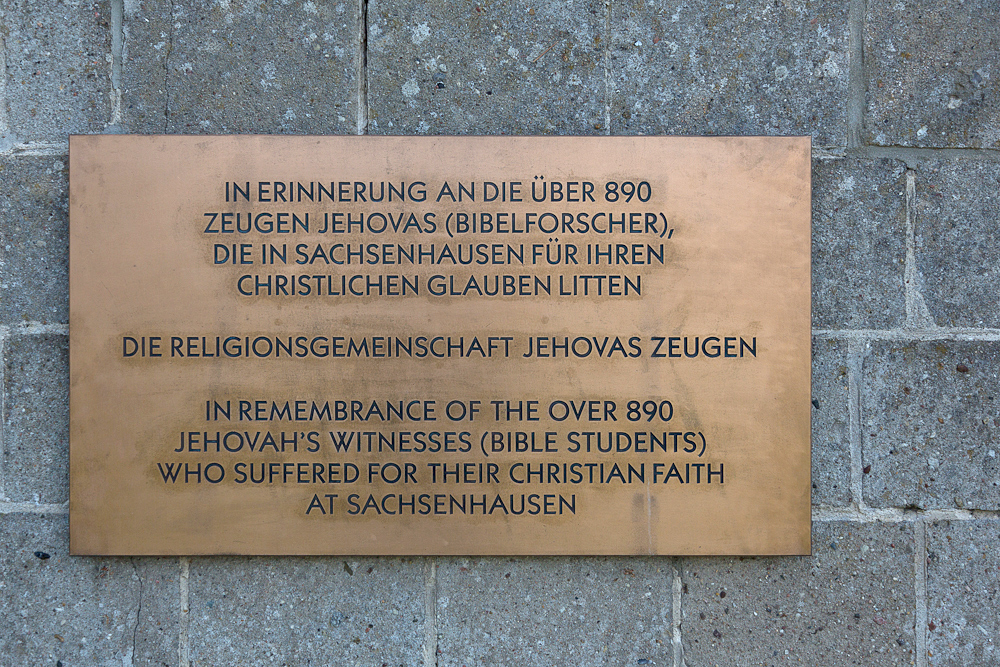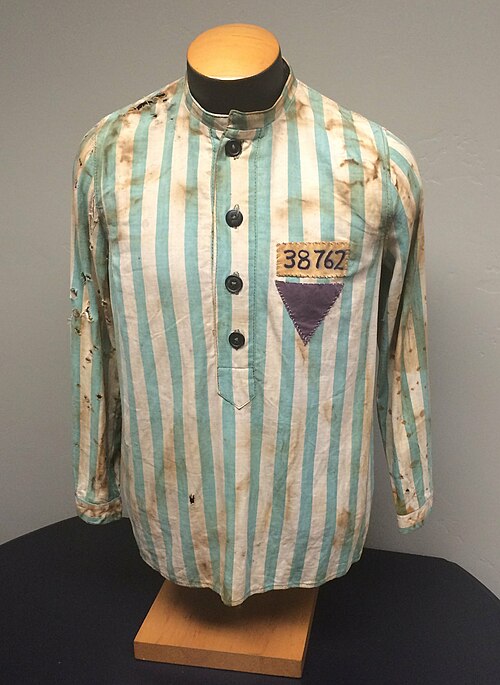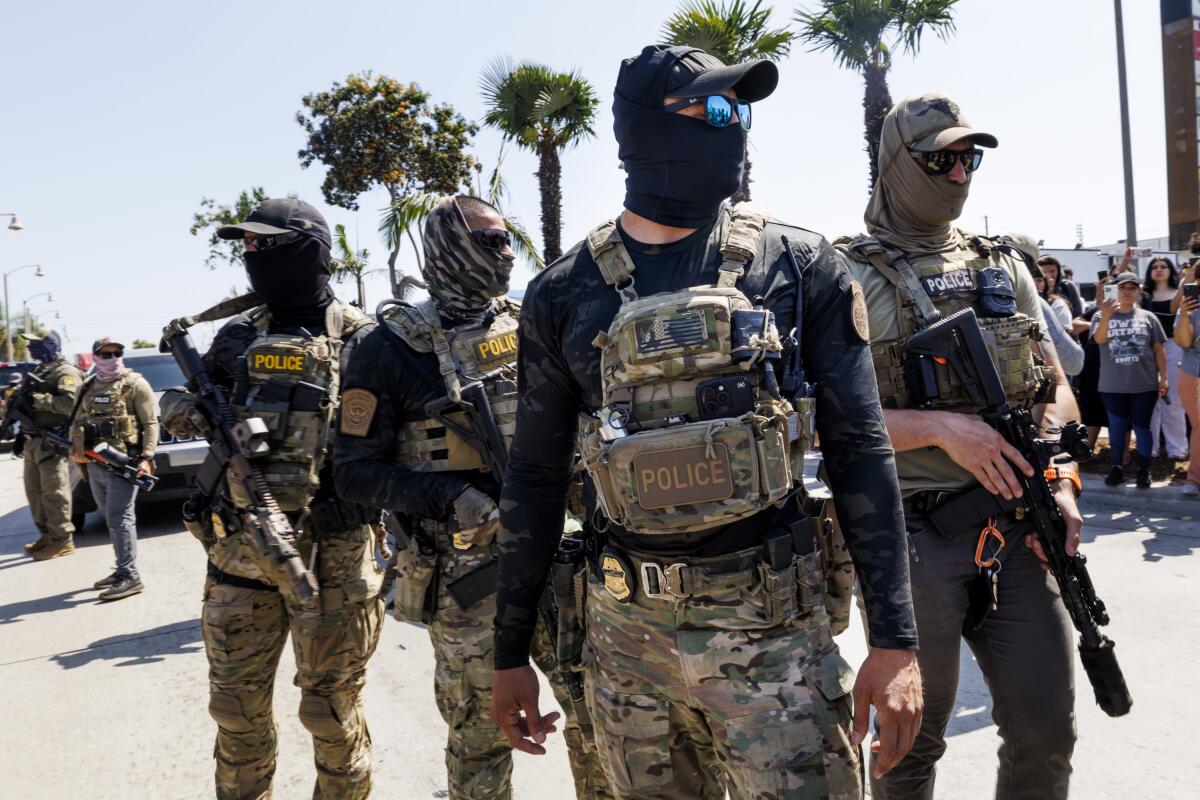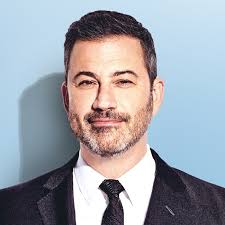It is May, 2005. I’m visiting Sachsenhausen, the former Nazi concentration camp near Berlin. Built in 1936, it housed political prisoners. They lived in squalid conditions, suffered inhumane treatment, were openly executed. It’s a grim place.

I turn the corner and there it is. A memorial plaque I didn’t expect to see. In remembrance of the over 890 Jehovah’s Witnesses who suffered for their Christian faith at Sachsenhausen.
Who knew? This small Christian sect, considered heterodox by many, fiercely resisted National Socialism. They wouldn’t give the Hitler salute. They proselytized despite government prohibitions. They defied military service—280 were executed as conscientious objectors. Many were expelled from school or lost jobs. Storm troopers raided their homes. Around 10,000 were sent to concentration camps.

Jehovah’s Witnesses stood firm against an evil regime. Their unyielding resistance stands in sharp contrast to the buckling of other Christian traditions. Gestapo officials warned Hitler that churches might cause trouble. They didn’t. Catholics signed a Concordat with the Reich: the church would stay out of politics and vice versa. Among Protestants, the German Christian Movement overhauled doctrine to align with Nazi dogma. Even the Confessing Church compromised its moral authority by—among other things—not objecting to Jewish persecution.
No German church ever raised its voice meaningfully against the Nazis. Not even after Kristallnacht—the “night of broken glass” when windows in 7500 Jewish business were smashed, homes looted, 300 synagogues burned, 30,000 men arrested. The following Sunday most clergy didn’t even mention the violence, let alone denounce it. No pastors led their congregations in public protest.
This silence troubled Dietrich Bonhoeffer. He couldn’t endorse a church that “witnessed the suffering of countless innocent people without raising its voice for the victims and without finding ways of rushing to help them.” A church that tolerates social injustice and ignores violations of human rights simply isn’t the church of Jesus.

I’ve been thinking about the potency of the Witnesses and the feebleness of mainline German churches in the 1930s as I watch our national nightmare unfold. Masked military police line American streets. Republicans strip millions of healthcare and food assistance. ICE indiscriminately rounds up our neighbors based on racial profiling. Funding for life-saving medical research is slashed. High-level public health and climate science experts are purged. Disinformation replaces facts. Red carpets honor a war criminal who kidnaps children. Free speech is censored. Voting processes are rigged. Judicial systems are coopted. Opponents are criminally prosecuted.
Thinking about the Witnesses in our political context pushes me in opposite directions.

Negatively, the Witnesses’ political resistance indicts the passivity of the American church. Months ago I expressed disappointment at my parish’s political docility. Now I detect the same apathy across the church at large. You might think that’s untrue—I’m happy to be proven wrong. I don’t expect churches that have drunk the MAGA kool-aid to criticize their Dear Leader. But those who reject Trump’s malevolence simply can’t seem to find their voice. Maybe it’s happening in private congregational and denominational spaces. But I don’t hear faith leaders naming and denouncing Trump’s evils loudly in public demonstrations. I don’t see churches grabbing headlines for condemning his parade of horrors. The proof that Trump doesn’t fear faith communities is that they aren’t in his crosshairs—like law firms, media outlets, late-night comedians, and political critics who dare to rebuke him.
Political commentator Robert Reich points out that “during prior crises of conscience, such as the struggle for civil rights, the voices of the nation’s religious leaders were loud and confident. They brimmed with moral authority.” But today they’ve abdicated responsibility. Moderates have never been on the leading edge of social reform. That’s why Dr. King chastised them from Birmingham Jail: “the Negro’s great stumbling block in his stride toward freedom is not the White Citizen’s Counciler or the Ku Klux Klanner, but the white moderate, who is more devoted to ‘order’ than to justice.” When I compare the Witnesses to the American church, I’m troubled by the bold public witness we’re leaving undone.
But positively, the Witnesses’ political resistance invites our churches to come off the sidelines. To be more defiant. To coordinate spirited, cross-denominational public action. You may believe the Witnesses have faulty theology regarding Christology, the Trinity or eternal punishment. But here’s what can’t be challenged. When it came to moral clarity and bold courage in Nazi Germany, they had it right. They weren’t moderates. They were radicals who stood firm against public injustice. They knew that silence is complicity. They chose social witness over self-preservation. That’s inspiring. Uplifting. Energizing.
In my moments of brooding despair and bubbling frustration, I’m encouraged by their example. The Witnesses of 1930s Germany are among my moral heroes. They demonstrated integrity, perseverance in the face of danger and self-sacrifice for the sake of moral principles. Karen Mains says,
I need someone who can nourish me when my own strength seems devoured by doubt and disillusionment. I don’t want someone to idolize, but a person to lean my palm against slightly to steady myself. When I waver, when I falter, I can reach out (from a distance, but it is enough) to touch that strength. Heroes give us strength to stand firm in our own small way.
The writer of the Letter to the Hebrews knew this too — writing to Jewish Christians facing persecution, urging them to hold firm to their faith. The list of heroes in chapter 11 is long: Abel, Enoch, Noah, Abraham, Sarah, Isaac, Jacob, Joseph, Moses, Rahab, Gideon, Barak, Samson, Jephthah. “We have all these great people around us as examples. Their lives tell us what faith means. So we, too, should run the race that is before us and never quit” (Hebrews 12:1).
I’ll add the Witnesses to the “cloud of witnesses.” They didn’t stand idly by. They refused silence and complicity. They spoke courageously and resisted vigorously. If with God’s help we copy their example, when this dark chapter passes, plaques in public squares may honor dissenting American churches. Memorials like I found at Sachsenhausen.


8 Responses
A noteworthy parallel is the debate that went on in the antebellum Presbyterian Church over slavery. I was greatly disturbed when I discovered that several of the of the so-called “princes of the pulpit”, whose books I have on my shelf, were silent at the time or counselled moderation for the sake of church unity. Orthodoxy, apparently, is no guarantee one stands on the right side of history.
Amen and Amen. My parents bravely resisted during WWII in the Netherlands—at great cost, I will add. They still serve as an example to our family.
Yes …. “Here We Stand” is both physical and metaphorical. It is affirmation that despite fear, despite risk, we act to follow the justice, mercy & humility path.
James Gould, May I suggest that you send your informative article to the CRC Banner. It can then reach a greater audience in Reformed circles , many who are not in the habit of reading posts on the Reformed Journal.
…and the Banner will refuse to print it, is my guess.
I doubt The Banner would be allowed to publish this article today. It has been muzzled.
My thoughts exactly …
I’m sorry I’m responding so late to this, but I was busy earlier. It’s true that the theology of the Jehovah’s Witnesses is deeply flawed, yet I believe that many people in our orthodox churches could not adequately describe an orthodox view of the Trinity or Christology either. But if we regard the latter as Christians, why not the Jehovah’s Witnesses? One thing they seem to have gotten right, which many churches do not, is their firm conviction that Caesar is not Lord. When I was in high school, the girl who was assigned to sit next to me at the school assemblies was a Jehovah’s Witness. She alone, out of hundreds of students, remained seated during the Pledge of Allegiance, resisting peer pressure. I admired her courage. If we can’t take little stands against political idolatry, how can we be expected to take big stands against it.